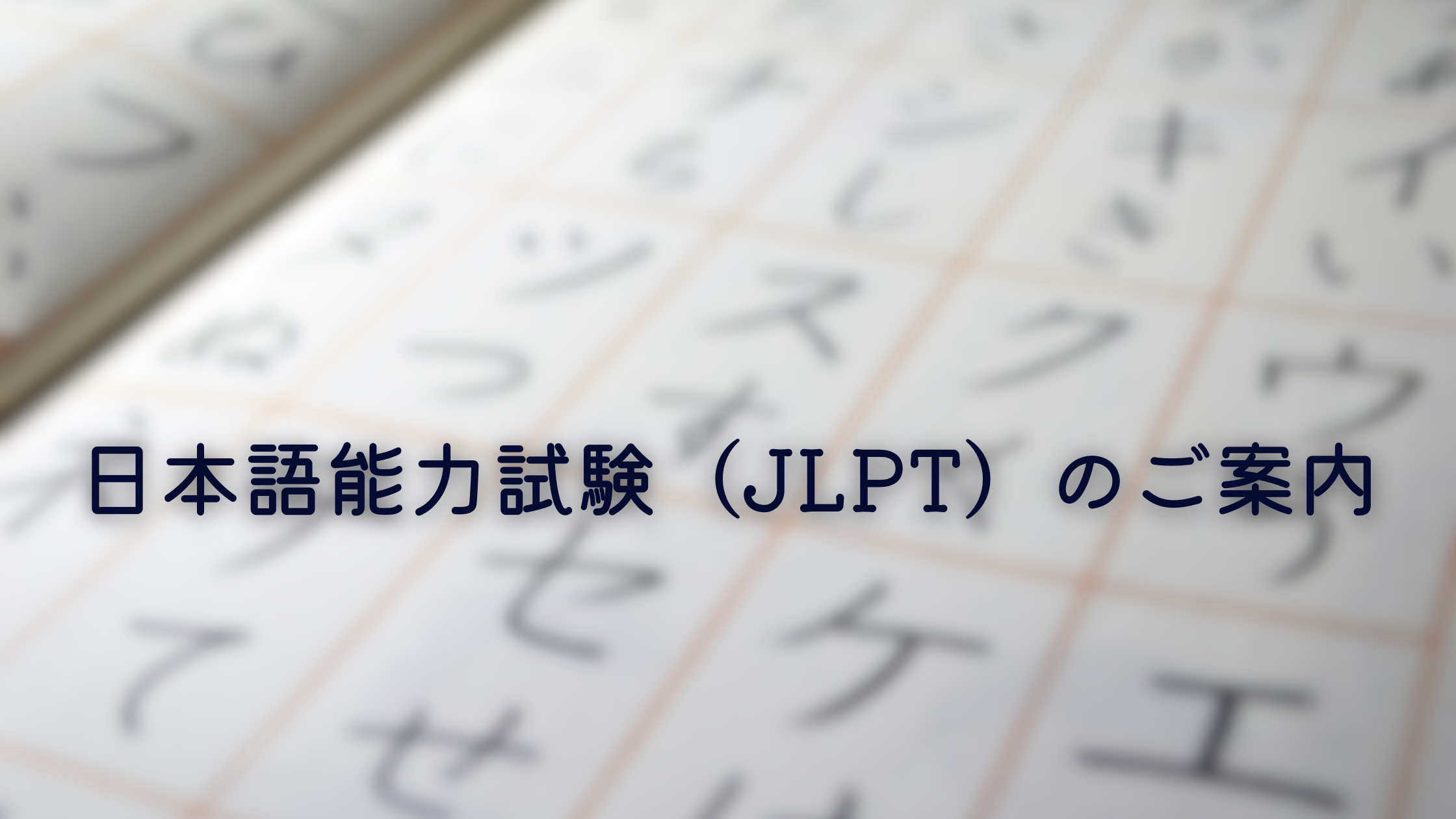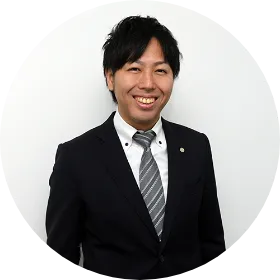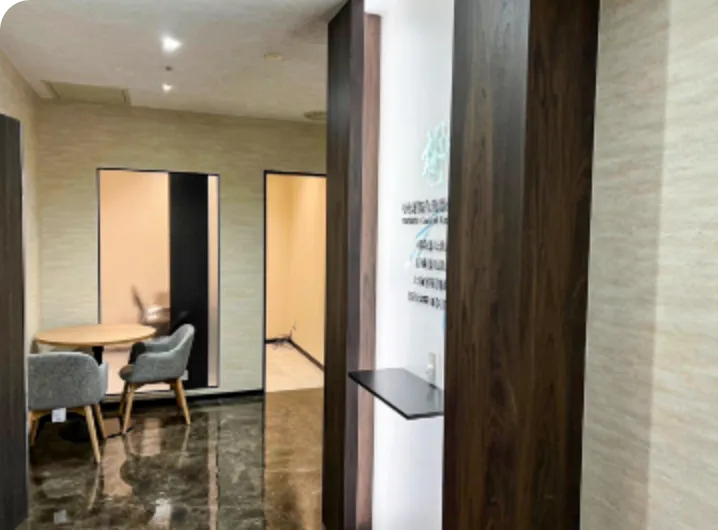Staying in Japan
Guide to the Japanese Language Proficiency Test (JLPT)
- 2024.09.12

If you are a foreigner living in Japan, you may have often heard of terms such as “N1” and “N2” in your daily life or when studying Japanese. These refer to the levels of the Japanese Language Proficiency Test (JLPT). This is the most famous and standard test for measuring the Japanese language ability of foreigners, and there are two tests per year. The application period for the December test has just opened again, so we would like to introduce the Japanese Language Proficiency Test.
What is the Japanese Language Proficiency Test?
The Japanese Language Proficiency Test, or JLPT, is a test that was jointly organized by the Japan Foundation and the Japan Educational Exchanges and Services (now the Japan Educational Exchanges and Services) in 1984.
This test is used to measure the Japanese language proficiency of people whose native language is not Japanese.
Initially, the test was held in 15 countries and was taken by around 7,000 people, but by 2011 it had grown to become the world’s largest Japanese language test, with around 610,000 people taking it in 62 countries and regions.
The Japanese Language Proficiency Test has five levels, from N5 to N1, and the content of the test differs for each level.
N5 and N4 test your understanding of basic Japanese learned in the classroom.
N2 and N1 test your understanding of Japanese used in various situations in real life.
And N3 is a level that “bridges” N1, N2 and N4, N5.
Candidates can refer to the “Can-do list by level” on the official website and choose the level that suits their Japanese ability.
Benefits of taking the Japanese Language Proficiency Test
The Japanese Language Proficiency Test is a good way for foreigners who want to stay in Japan to prove their Japanese language ability.
No matter what level you pass, there is a possibility that you will be able to get a new opportunity to work or study in Japan.
Let’s introduce each level from the easiest N5 to the most difficult N1 and the status of residence you can get.
N5
If you pass N5, you will be able to prove that you have some basic Japanese language ability.
This is useful for applying for a Student Visa for a Japanese language school or for applying for a Technical Intern Visa.
N4
Passing N4 proves that you have the ability to understand basic Japanese.
You need N4 level Japanese to pass the Specified Skills Test, so this is useful for applying for a Specified Skills Visa.
N3
Passing N3 proves that you have a certain level of understanding of everyday Japanese.
This is the level of Japanese that is taught in the third year of elementary school in Japan, and it is also the level required for naturalization in Japan.
Therefore, if you want to acquire Japanese nationality, passing this level will be an advantage.
N2
Passing N2 proves that you can understand Japanese used in everyday life and have some understanding of Japanese used in a wider range of fields.
When applying for a Student Visa, most universities and many of vocational schools require the JLPT N2 level.
Passing N2 will give you an advantage over other candidates when looking for a job.
In addition, for the “Engineering” and “Humanities” categories of the “Engineering/Humanities/International Service” visa, one of the most common types of work visas, N2 level Japanese is generally required to communicate smoothly with colleagues and present your ideas. Especially for the “International Service” category, N2-level Japanese is essential for translation and interpretation-related work.
In addition, in order to apply for Highly-Skilled Professionals residency status, you must meet the requirements for annual income, educational background, etc., and if you score 70 points or more, you will be able to apply, but if you hold N2 of JLPT, you will be given 10 points.
N1
If you pass N1, you can prove that you can understand Japanese used in a wide range of fields.
Passing N1 will give you an advantage over other candidates when you are looking for a job.
If you have passed the Japanese Language Proficiency Test N1 or N2, you will be exempt from the Japanese language test on the Japanese high school equivalency examination.
However, please note that even if you have a JLPT certificate, you will still need to take the Japanese language subject of the Examination for Japanese University Admission for International Students if you are required to do so.
In order to become a doctor, nurse, pharmacist, etc. in Japan, you will need to pass the national examination.
Before these national examinations, you will need to have passed the Japanese Language Proficiency Test N1.
In addition, for Highly-Skilled Professional visas, passing Level N1 of the Japanese Language Proficiency Test is worth an extra 15 points on the points table.
For more information, please watch our YouTube video about the Japanese Language Proficiency Test.

How is the Japanese Language Proficiency Test conducted?
The Japanese Language Proficiency Test can be taken in Japan and overseas. In this article, we will introduce the process of taking the test in Japan.
Before the test
The Japanese Language Proficiency Test is held twice a year, in July and December.
The test dates change every year, so please check the Japan Educational Exchanges and Services website in early February or early July for the test dates. You must complete your application and payment by the deadline.
Generally, the application deadline for the July test is from late March to early April, and for the December test, it is from late August to mid-September.
Then, you will receive your examination voucher from the Japan Educational Exchanges and Services about a month before the test date, and you will take the test.
Test Structure
The Japanese Language Proficiency Test is broadly divided into two subjects: language knowledge and reading comprehension, and listening comprehension.
Furthermore, language knowledge and reading comprehension are divided into kanji/vocabulary, and grammar/reading comprehension.
For N5 to N3, you take a separate test for kanji/vocabulary and grammar/reading comprehension.
For N2 to N1, the language knowledge subject is a single test.
Passing the test
In order to pass the test, you must not only achieve a certain overall score, but also clear a certain score in each subject.
Furthermore, in order to ensure that the score of the Japanese Language Proficiency Test is not affected by changes in the difficulty of the test, a scale score is used using a method called “equating”, so that the score can always be measured using the same scale.
Test results
The results of the July test are announced around September, and the results of the December test are announced around February, and a pass/fail result notification is sent to all test-takers.
If you are taking the Japanese Language Proficiency Test overseas, please note that the application method and schedule are slightly different.
In some places, you can only take the test once a year.
For more information, please see the Japanese Language Proficiency Test website.
Summary
To live in Japan, you will need to have a certain level of Japanese language ability, but if you have a certificate of results from the Japanese Language Proficiency Test, you will have many advantages.
In this article, we have introduced the Japanese Language Proficiency Test and related information.
If you have any questions about the Japanese Language Proficiency Test, please feel free to contact us.
We are Yanagi Group, which have offices in Osaka (Abeno and Tennoji), and our affiliated offices in Tokyo (Shibuya and Ebisu) are also available for an on-site consultation. We have handled many applications for permanent residence permits, naturalization permits, work visas, college student visas, management visas, etc., as well as visa renewal procedures related to the status of residence with the Immigration Bureau (Immigration Bureau) as a one-stop service. Our experienced administrative scriveners are also available to help you with any problems you may have.
We also have staff members who can speak each of the native languages and can assist you in obtaining a visa.
※If you wish to be consulted in Nepali or Bengali, please inform us in advance via our website or social media, and the translator will contact you ahead of time.
Please feel free to contact us if you have any questions about your status of residence or visa, even if they are trivial.
Toll-free number: 0120-138-552
For English speakers: 080-9346-2991
For Chinese speakers: 090-8456-6196
Editor of this article

- Ryota Yanagimoto
- Administrative Scrivener/Judicial Scrivener
At the age of 24, he passed the national examinations for judicial scrivener, administrative scrivener, and wage service manager at the same time.
While working as a full-time lecturer at a major prep school, he independently opened a legal office related to judicial scriveners and administrative scriveners,
and he has experience as a judicial scrivener and an administrative scrivener for more than 15 years so far.
He has been actively contributing to various industries such as publicly listed companies, real estate companies, financial institutions, elderly care services, and professional organizations by conducting seminars, lectures, and talks.
And now he has a record of over 60 presentations so far.
Furthermore, as the president of a Japanese language school announced by the Ministry of Justice and Acts, and an advisor to a real estate company (capable of handling foreign clients),
he has been involved in various aspects of industries related to foreigners.
It is recommended to consult with experts when it comes to visas, naturalization, and residency matters.

Our office has specialized experts in visa and naturalization applications who are available to assist with free consultations (limited to the first session) and inquiries related to various visa applications and naturalization applications.
Additionally, we have foreign staff proficient in English, Chinese, and Korean languages with specialized knowledge, and they are present to provide support. They can accommodate consultations and inquiries in each language. Feel free to use our free consultation and inquiry services from here.


























 0120-138-552
0120-138-552 Free
Consultation
Free
Consultation Contact Us
Contact Us